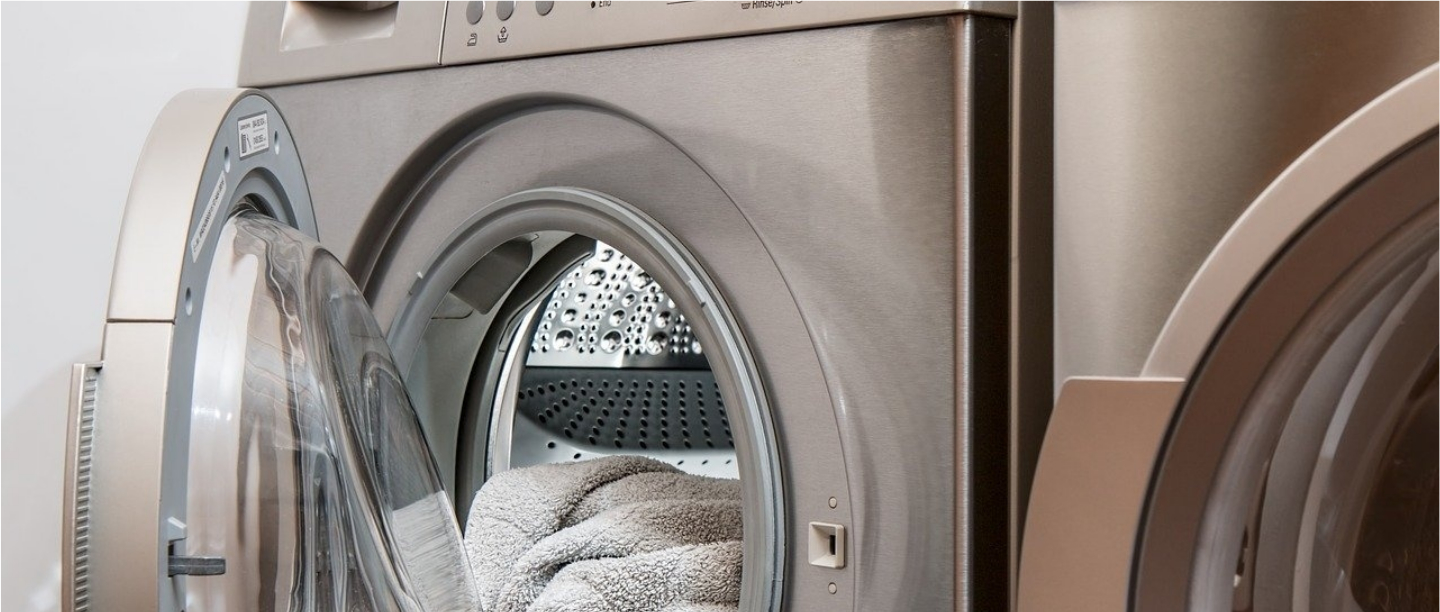
Not everyone is privileged enough to stay indoors, in the safety of their homes, during the pandemic. Some of us still have to go out for work such as bank employees and other people working in the government sector. While most private companies have either shut their businesses or granted work from home to employees as allowed by the government, some people still have to go out to make ends meet. Shopkeepers and staffers, various delivery agents, cab drivers, house helpers to name a few. Students and employees who are trying to make it back to their home city have it even more difficult. In fact, my brother and his friends are also trying everything to get out of Mumbai to get back to their families.
And even if you are in self-isolation or working from home, there are a few circumstances when going out is inevitable. For example, going out to stock up on groceries, medicines and other essentials. So, what do you do once you come back home after grocery shopping? Wahs your hands properly, right? But that’s not enough. Your clothes can carry the virus too!
While there are guidelines to disinfect your phone and other frequently-used devices, nobody really talks about the clothes that you are wearing outside and the possibility of infection that you are bringing back with them.
According to Charles Gerba, a professor of microbiology and immunology at The University of Arizona, Covid-19 can transfer from surface to people easily if the surface is hard like stainless steel as against a soft surface like cloth. Cloth only picks up about 1% of viruses that it is exposed to (compared to steel’s 70%). But that doesn’t lower the need to handle ‘outside’ clothes properly. Clothes kept on hard surfaces like plastic buckets, almirahs, tables, can hold on to the virus too, after all.
Unsplash
Here’s what you can do with regard to clothes that have gone out of the house with you:
1. The US-based agency CDC (the Centers for Disease Control and Prevention) recommends that the best bet is to wash clothes using the warmest appropriate water setting and dry them completely. “Extra heat and time in the dryer do make sense as the droplets should dry out, which would likely inactivate the virus,” says public health specialist Carol Winner. At the same time, please don’t boil your clothes!
2. Avoid public services such as getting your clothes ironed.
3. Detergents play an important role too. “I would recommend that you wash clothes in detergents that contain a bleach compound. Viruses do not do well at all in this type of harsh environment,” says Rodney E. Rohde, chair and professor of the Clinical Laboratory Science Program at Texas State University.
4. This one goes without saying, wash your hands before touching clean laundry. You can also wear disposable gloves while doing the laundry (or the dishes) and then wash your hands again as soon as you take the gloves off.
5. Make sure to put your clean laundry only at an area of the house that is clean and disinfected. Here’s the A to Z of cleaning your home. Also read: How To Clean & Disinfect Your House
6. Placing a disposable bag liner into the laundry basket or bucket rather than simply tossing dirty clothes into the bin is also suggested.
7. If you have to go out regularly, keep your ‘outdoor’ clothes separately from your ‘indoor’ clothes.
8. Dr Georgine Nanos says if you don’t have access to a washing machine, you can hand wash your clothes provided you can get the temperature of the water appropriately warm. At the same time, don’t over-heat the water to a point that your hands start hurting.
Scientists are studying the coronavirus every day and developing hypotheses on its shelf life on different surfaces. As for clothes, the duration of the virus depends on the fabric. “Some researchers believe the fibres in porous material catch the virus particles, dry them out and break them apart. Smooth surfaces like leather and vinyl can be wiped clean,” says Robert Amler, dean of the School of Health Sciences and Practice at New York Medical College and a former CDC chief medical officer.
Dr Janette Nesheiwat says, “Polyester spandex-like material may retain germs longer than cotton-based fabrics, but all types of fabrics can be contaminated.” I hope you don’t re-wear your gym clothes and leggings without washing them. Seriously!
“The National Institute of Allergy and Infectious Disease has told us that some viruses can remain active after two or three days on plastic and stainless steel, 24 hours on cardboard and four hours on copper,” says Carol Winner. Some of these materials are often found in buttons, zippers and other clothing hardware so beware.
Some of these tips may be a bit much for you but as they say, it’s better to be safe than sorry.
Featured Image: Pixabay
Start your 2020 right with our cool new planners and statement-making sweatshirts that are fun, fab and 100% you! Psst… there’s an additional 20% off too, so head to POPxo.com/shop and take it up a POP!
Read More From Fashion
Wedding Outfit Ideas From Our Fave Bloggers To Be The Best-Dressed This Shaadi Season!
Isha Jain